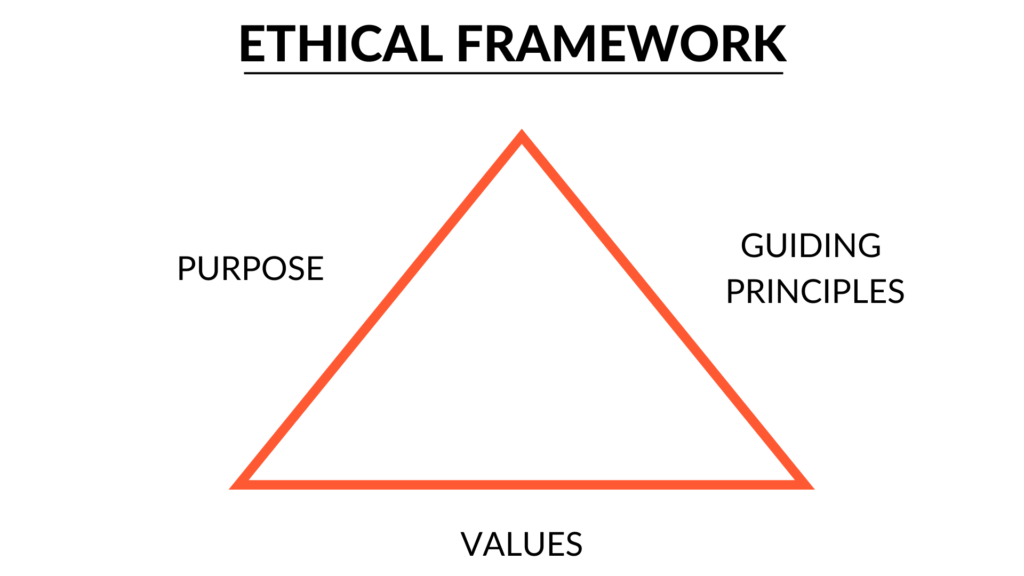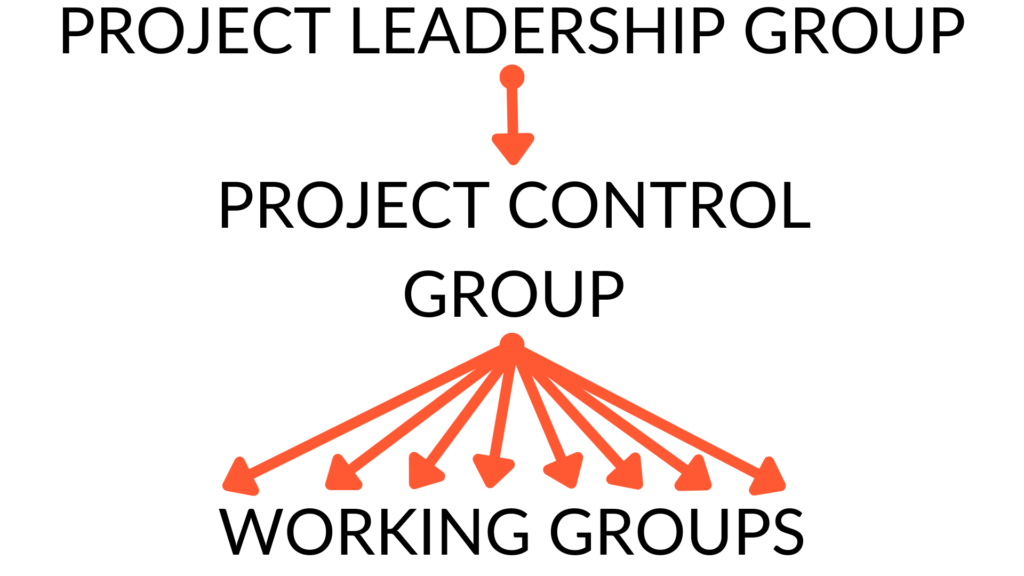
Purpose of the Alliance:
This collaboration of organisations comes together to drive reductions in embodied carbon in the building and construction industry. We seek to align with the Paris Agreement targets and principles of the circular economy and recognise that the building and construction sector is a complex ecosystem.
We will drive a market transition across industry and government by:
- Demonstrating the demand and activating the supply of materials which meet the needs of net zero carbon goals.
- Defining a best practice embodied carbon evaluation framework.
- Knowledge sharing through best practice education, case studies, myth-busting, demonstrations, and supporting innovation in materials and processes as part of a pre-competitive approach.
- Developing common language for design specifications, procurement guidelines and tendering criteria as standard practice for government agencies and companies.
- Helping to manage industry’s climate transition risks, risks associated with adopting innovative materials and the required skills development.
- Supporting materials such as steel, cement and concrete, and aluminium to reduce their carbon intensity and giving visibility to other low carbon and innovative materials.
Our Guiding Principles:
MECLA will follow these principles to guide our decision-making and work:
- We recognise the urgency of the climate challenge and the role of the building and construction sector to demonstrate leadership and material impact towards net zero.
- We are guided by the science to be ambitious and engage constructively with government agencies and industry participants to support and promote the need for carbon budgets and targets that align with a 1.5oC pathway, to help develop a series of indicators to measure our success including target(s) for reducing embodied carbon.
- We will collaborate across all parts of the building and construction value chain to stimulate market demand and share knowledge and experience including through proposing, sponsoring and hosting trials for new products/materials or construction methodologies.
- We embrace the riple effect; as champions of change, we take what we learn in MECLA and implement where relevant in our own organisations.
- Zero tolerance for anti-competitive behaviour.
- We are equal voices around the table and role and organisation agnostic.
- Decisions that impact all members are made by consensus.
- To be part of a decision, be present at the meetings.
Our Values:
- Collaboration: this is a complex mission and can only be achieved together
- Interity: we act in an ethical manner to achieve our purpose
- Leadership: we are the change needed to reach net zero
- Opportunity: responsibly sourced materials bring positive commercial and community benefits
- Transparency: we openly share what we do through our knowledge and expertise
Founding Partners
Founding Partner membership opened in November 2020 and closed in September 2021. Other member organisations that joined after September 2021 joined as Members. Over 140 organisations from across the building and construction supply chain have joined.
Financial Contributors
MECLA Founding Partners signed an in-principal agreement to provide some ongoing funding to support MECLA post June 2022. In addition to in-kind contribution, we are asking for a modest financial contribution based on ability to pay and size of organisation. The initial aim was to raise $150,000 from the private sector in addition to state government funding to help secure ongoing program suppor. These contributions go towards another two years of efforts on behalf of industry and government to drive decarbonisation of embodied carbon.
Only Financial Members will be entitled to participate in the Project Control Groups (PCG) and Project Leadership Groups (PLG) except where it is agreed to by members of the PCG/PLG. In the case of service providers exceptions can also be made.
Establishment of Working Groups
MECLA has established working groups to deliver on its purpose. Working group participants come from the Founding Partners, Financial Supporters, and Members.
Complying with all laws including competition laws
MECLA and the working groups are committed to compliance with all applicable laws including strict compliance with competition laws. Members must not take any action that might raise an inference that MECLA or its members are engaging in coordinated activity or any other action that amounts to a breach of competition law (eg, price fixing, market/customer sharing, restricting or limiting production or capacity, bid rigging, concerted practices or other collusive behaviour such as joint approaches to customers and suppliers).
Members must always exercise caution and avoid discussing, encouraging, or allowing the discussion of competitively sensitive information at any meeting, including matters relating to terms and conditions, discounts, rebates, costs, prices, volumes, suppliers, tenders or future business plans. Such action could amount to a contravention of applicable competition laws, or be interpreted as being contrary to competition law.
Breaches of the Competition and Consumer Act 2010 (CCA) can lead to serious penalties for members and for individuals involved in any breach (including large financial penalties and potentially also imprisonment for key individuals involved).
Any queries about whether certain conduct is permissible should be brought to the attention of PCG immediately, prior to any action. The PCG will determine the nature of any further steps, including if the PCG considers appropriate, obtaining legal advice, before members proceed with any proposed action or exchange of information that may potentially raise competition concerns.
The chair of each PCG and working group meeting will remind participants of the importance of strictly complying with competition laws at the start of each meeting.
Specific Guidelines – Information Exchange
Disclosure or exchange of competitively sensitive information can give rise to competition law risks, including creating an environment in which cartel conduct can occur or other conduct comprising a concerted practice.
Competitively sensitive information should not be disclosed or exchanged by members (whether through or outside MECLA or the working groups), including information about:
- Individual capacity, production, acquisition or output volumes;
- Any aspect of individual pricing, price components, margins, discounts, allowances, rebates, credits, pricing strategies or calculations, planned price changes or market pricing to the extent it is not public information;
- Individual profit, profit margins, cost structures, production capacities, sales quotas, market shares, promotional schedules or planned investments;
- Individual business development or forecasts (especially sales or revenue figures);
- Individual corporate strategies or current or future market behaviour or intentions;
- Individual members’ clients or customers, terms of trade, payment conditions, delivery conditions or cost sensitive information;
- Individual members’ suppliers, or terms of supply or acquisition (including to boycott a particular supplier); or
- tenders, bids or whether and on what terms any member may respond to a tender.
Any attempt at disclosing or sharing the information outlined above should be reported to the chair of the PCG immediately.
Conflicts of interest declarations
At each MECLA meeting the chairs will ask participants if there are any conflict of interest declarations.
Governance Structure

Project Leadership Group (PLG)
The Project Leadership Group (PLG) is responsible for the overall governance and direction of MECLA. It must ensure that the work remains aligned to the Purpose, Principles and Values. It will have overall program oversight including program funding, timing, resourcing and communications. Where there is a lack of consensus from the Project Control Group (PCG), it will make the final decision.
It is made up of:
- NSW DPIE
- NSW procurement agency representative
- WWF Australia
- Climate-KIC Australia
- Presync
- Lendlease
- Other state government jurisdictions who provide funding into MECLA
- Up to two other Founding Partners as agreed by the PCG & MECLA members
The makeup of the PLG will be reviewed every 6 months with a full review by 1 March 2023.
Project Control Group (PCG)
The PCG will provide on-going management and support of the working groups, much like a PCG in a development or construction project. These positions are voluntary, advisory in nature and based on participants’ goodwill. The PCG provides updates, raises and resolves issues, discusses opportunities and most importantly, ensures coordination across the various working groups. The PCG will oversee appropriate due diligence processes and ensure proposed goals and outputs are SMART and logically aligned. It is made up of:
- PLG
- Working group chairs/co-chairs
- Invited subject matter experts as required
- Founding Partners – (up to two) who are not chairs of the working groups and wish to participate.
Membership of the group may change as the needs of MECLA change. If there is a perception of any conflict of interest within any of the working groups, this will be immediately brought to the attention of PCG and the PLG who will determine the nature of any further action required based on best available advice.
A member of the Secretariat (Monica Richter; Hudson Worsley; Kathy Verheyen; Alexi Barnstone) will attend each working group meeting to ensure consistency across each working group.
The PCG will meet every month as agreed.
Any member of MECLA can attend any of the meetings of the PCG or the PLG.
Working Groups
Working Groups have been formed with MECLA members to address specific opportunities and barriers, which include:
- Demand side response
- Defining a best practice embodied carbon evaluation framework
- Building and capturing the knowledge base (merged with WG4)
- Developing common language (merged with WG3)
- Supporting materials to reduce their carbon intensity and to educate the demand side industry on different material options:
- Steel
- Concrete and Cement
- Aluminium
- Other materials (timber, bricks, asphalt, recycled and reformed materials including plastics, glass, etc)
- Services and Systems for the Built Environment
The Working Groups will meet as required (currently monthly) to achieve the agreed outcomes. Additional Working Groups may be formed over time and existing Working Groups may change over time as needs arise.
MECLA meetings
This group meets to ensure MECLA members continue the conversation and collaboration to drive the uptake of construction materials aligning with net zero. We will discuss progress and opportunities, findings and issues to tackle. We will seek to present relevant subject matter experts to add to the knowledge base of the group. The general structure includes:
- Meetings: of full group on-line bi-monthly
- Chair: Hudson Worsley
- Project Management: WWF Australia/Climate-KIC Australia
Communication via:
- Email of materials,
- Zoom or Teams;
- website presence: https://mecla.org.au/
- and https://www.supplychainschool.org.au/learn/fellow-landing-pages/mecla/
- and https://www.wwf.org.au/what-we-do/climate/mecla
- Filing of all documents are all on Microsoft Teams